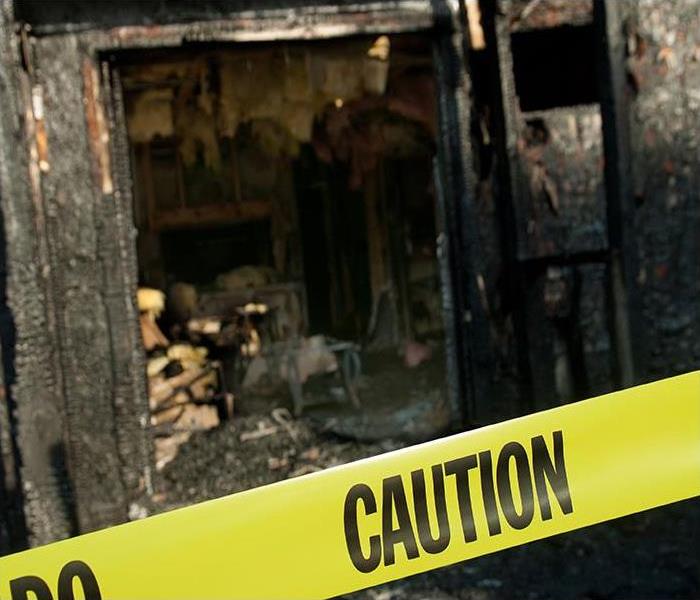Our Quick Response Is Vital After A Fire In Your Homewood Home
9/10/2019 (Permalink)
The Best Response To Factors That Complicate Minor Fire Damage Incidents In Homewood
Controlling a fire incident before it consumes the entire structure is a great achievement because it only takes a few seconds for a minor fire to turn to a raging inferno. However, even the minor fire is likely to damage property, especially through soot and other smoke residues. During combustion, the way various factors such as heat, moisture, oxygen, and other gases interact can leave stubborn residues. You can address such fire damage better with help from a professional team.
Pretesting To Establish Residue Distribution
Residues spreading all over the property can complicate minor fire damage incidents in Homewood because you need to remove all of them to restore your home to its preloss state. The residues have different properties, including visibility and adherence to surfaces. Finding and identifying the residues helps determine the best response. Our SERVPRO technicians inspect and pretest particular items establishing the distribution and types of materials affected.
Using TACT to Deal With Porous or Old Surfaces
Soot and other smoke residues can penetrate materials. Older materials and surfaces made from naturally porous materials are therefore hard to clean because residues penetrate beyond the surface. Temperature, Agitation, Chemical Action and Time, or TACT, in short, are the four elements of cleaning. Varying any of these aspects can help improve the outcome of the process, especially on porous surfaces. For example, increasing heat when using cleaning agents helps quicken the chemical reaction because of faster molecule movements. Agitation, on the other hand, breaks bonds between soils and materials. Our SERVPRO crews use different approaches to agitate surfaces, including:
• Water Pressure
• Air Pressure
• Rotating Brushes
• Blasting Equipment
Understanding Residues
Soils react differently when exposed to cleaning agents. The basic principle is that like dissolves like so understanding the properties of a residue can help in choosing the right cleaning solution. Our SERVPRO technicians evaluate residues based on whether they are hydrophilic, hydrophobic, lipophobic, or lipophilic. It is easy to clean smoke residue from the combustion of natural materials using water, unlike smoke residues from fuel oil, which are hydrophobic.
Even when a fire incident is minor, it can be difficult to address. Call SERVPRO of Matteson-Homewood at (708) 747-9925 to assist. We have the resources to deal with any issue “Like it never even happened.”
For more about Homewood click here.





 24/7 Emergency Service
24/7 Emergency Service
